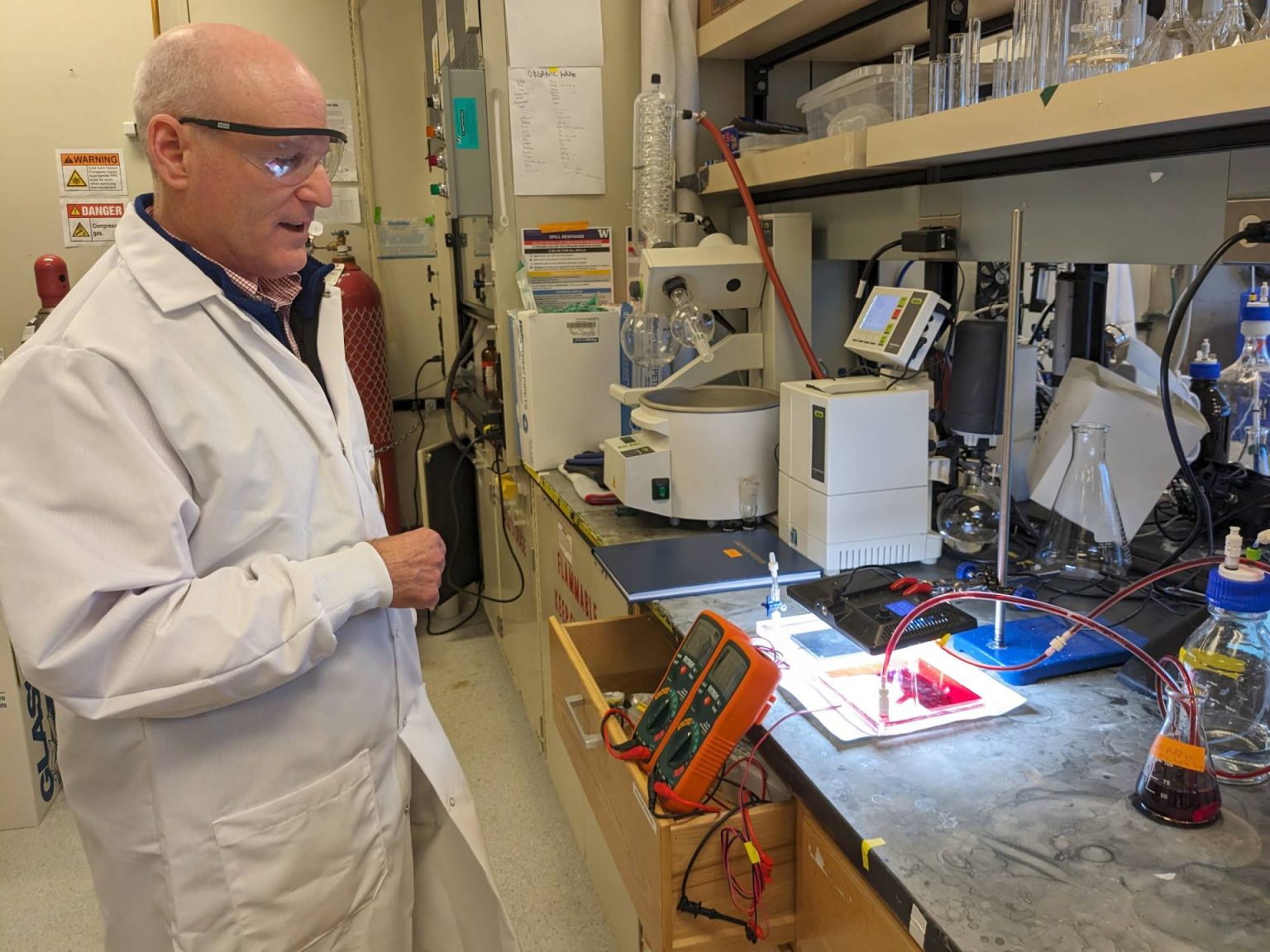In a recent webinar on the future of climate tech, Alan Neuhauser of Axios asked panelists what it takes for a climate tech startup to succeed in a challenging market. Mark Cupta of Prelude Ventures emphasized the importance of securing sufficient funding to allow startups to gain traction and grow. While deal activity in the climate tech industry dropped by 14% last year, it still outperformed the broader tech market, which fell by 24%.
The climate tech sector is experiencing varying trajectories based on different sectors. Food and agriculture companies are facing challenges due to instability, while carbon capture and removal companies, as well as climate data startups, have seen significant growth in recent years. Despite the decrease in funding for climate tech, the panelists highlighted that government incentives, such as the Biden administration’s Inflation Reduction Act, continue to support growth in the sector.
Panelists at the event emphasized the importance of creativity in finding funding sources and incentives for climate tech companies. They also advised early-stage companies to identify their target market and partner with financial backers who understand their vision and timeline. Companies in the Pacific Northwest are making strides in the climate tech space, with Seattle area companies receiving $240 million in funding last year.
Some notable Seattle companies in the climate tech sector include Banyu Carbon, which focuses on reducing the cost of carbon capture using light-based technology and has raised $8.5 million this year. Recurrent, a shopping platform for used electric vehicle batteries, raised $16 million earlier this year. Omnidian secured $25 million for solar power development projects, while LevelTen Energy and Electric Era raised $10 million and $13 million respectively for renewable energy transactions and quick EV charging stations.
Overall, the climate tech sector continues to face challenges in terms of funding and market stability. However, with innovative approaches to financing and strategic partnerships, companies in this space are finding opportunities for growth and success. The support of government incentives and the commitment of investors who understand the unique challenges of hardware-intensive climate tech startups are crucial for driving innovation and progress in the industry.


